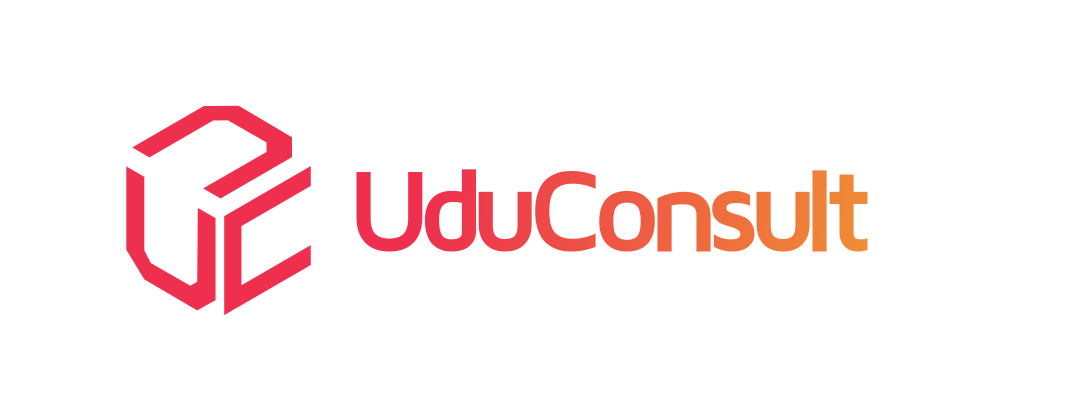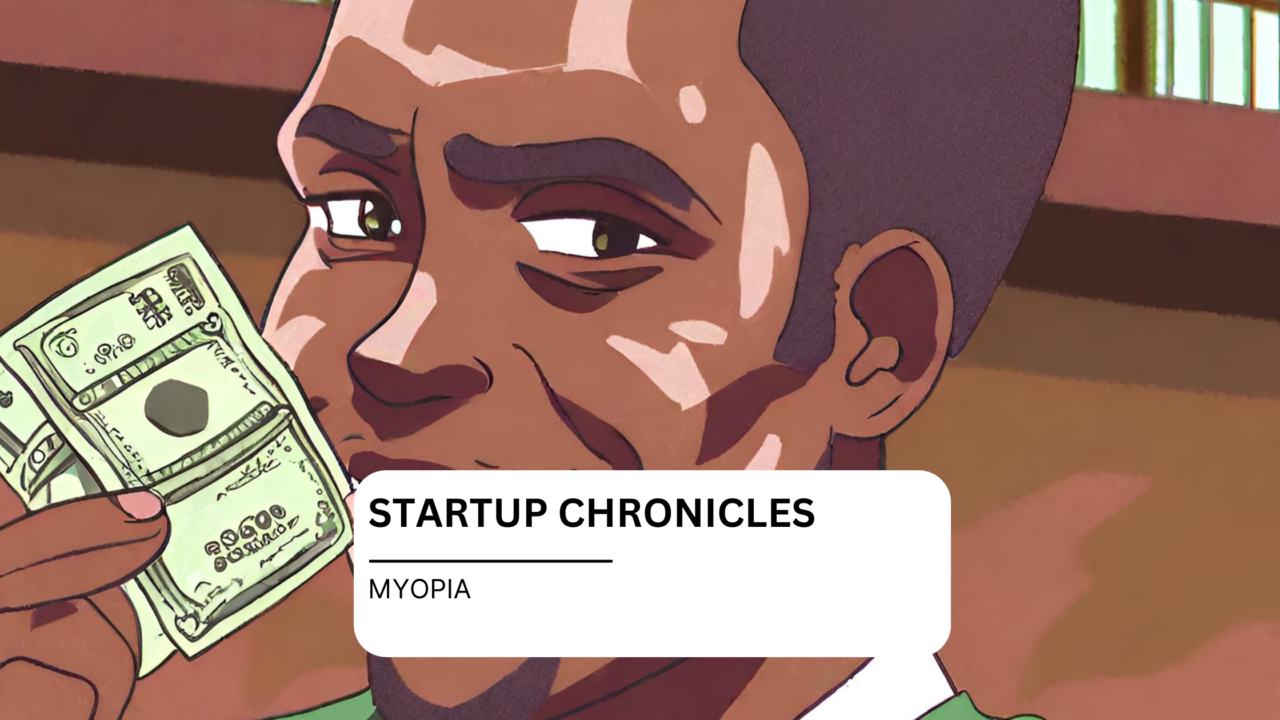This week’s theme for the Startup chronicles, aka “Why some Nigerian businesses fail,” is consumer biases. We hope that you are both entertained and educated by this story.
A founder had a great idea for a startup and believed it would grow very fast. He pitched it to investors and he was able to attract significant investment.
But there was a problem. The investors did not know he was not interested in building a sustainable business that would last decades. Instead, he wanted to cash out quickly and move on to the next big thing.
As the founder projected, the business grew rapidly. Then, he began to make short-sighted decisions that sacrificed the company’s long-term health for short-term gains.
He neglected to invest in new technology that would have improved efficiency and helped the company stay competitive. Instead, he focused on sales promotions that brought in quick cash but did not build a loyal customer base. He cut back on customer service to save money. This led to negative reviews and consequently decreased sales.
As the years went by, the business began to decline. Investors grew impatient and demanded a return on their investment. Then he tried to sell the company but discovered that potential buyers were uninterested in a business with a poor reputation and no goodwill.
In the end, the founder was forced to shut down and liquidate the company’s assets.
𝗧𝗮𝗸𝗲𝗮𝘄𝗮𝘆
Brand goodwill plays a role in the valuation of your business. Greed and a short-sighted approach to business can cause you to lose everything.
Jeff Bezos once said, “If you make customers unhappy in the physical world, they might each tell six friends. If you make customers unhappy on the Internet, they can each tell 6,000.”
Nowadays, it doesn’t matter whether your business is on the Internet. Anyone with access to the Internet can give a negative review on any social media platform and negative word-of-mouth can spread like wildfire.
Originally shared on LinkedIn.

